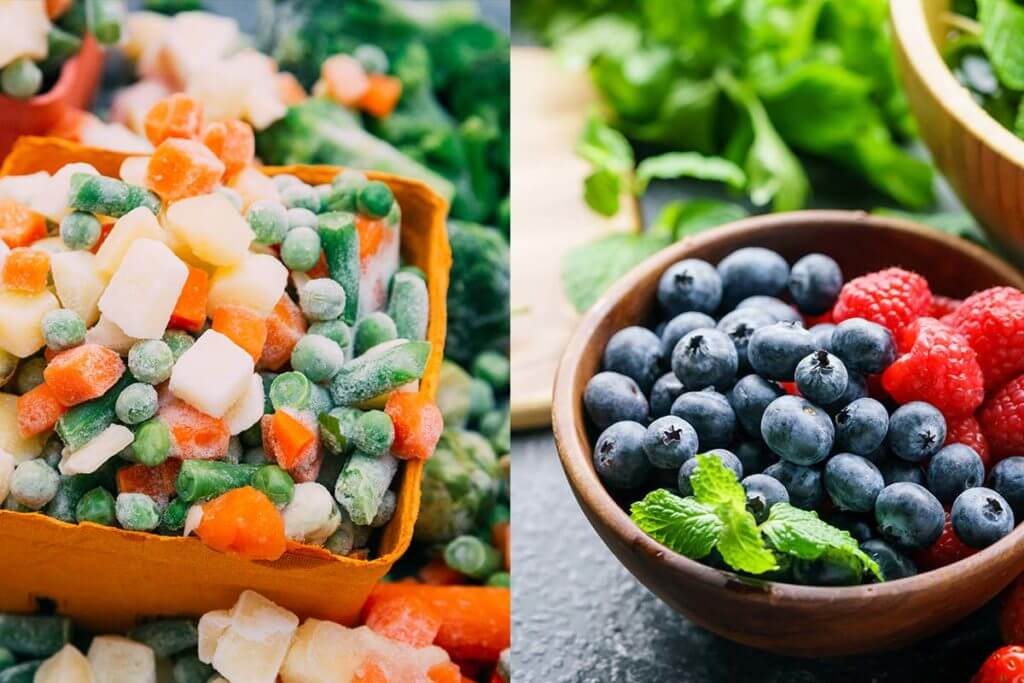Fresh fruits and vegetables are some of the healthiest ingredients you can eat.
They’re full of vitamins, minerals, and antioxidants, which may improve health.
Eating extra fruits and vegetables may even help protect against coronary heart disease.
Fresh produce might not constantly be available, and frozen types are a handy alternative.
However, their nutritional value may differ. Buy our best seller here.
This article compares the nutrient content of clean and frozen fruits and vegetables.
Harvest, Processing, and Transportation
Most of the fruits and vegetables you purchase are harvested by hand, with a smaller amount being harvested by machinery.
However, what occurs after that varies between fresh and frozen produce.
Fresh Fruit and Vegetables
Most fresh fruits and vegetables are picked earlier than they're ripe. This allows them time to completely ripen for the duration of transportation.
It additionally offers them much less time to develop a complete variety of vitamins, minerals, and natural antioxidants.
In the US, fruits and vegetables may spend anywhere from 3 days to several weeks in transit before arriving at a distribution center.
However, the USDA states that some products, including apples and pears, may be saved for up to one year under controlled situations before being sold.
During transportation, fresh produce is generally stored in a chilled, controlled atmosphere and treated with chemicals to prevent spoiling.
Once they reach the supermarket, fruits and vegetables may spend an additional–3 days on display. They’re then stored in people’s houses for up to 7 days before being eaten.
